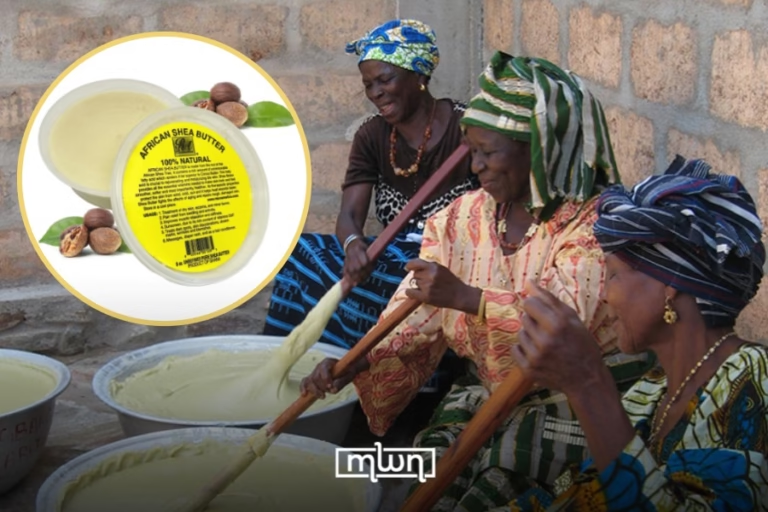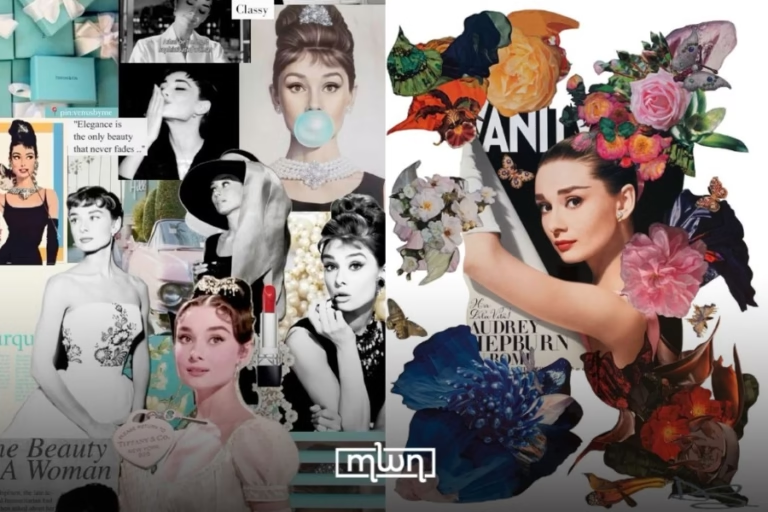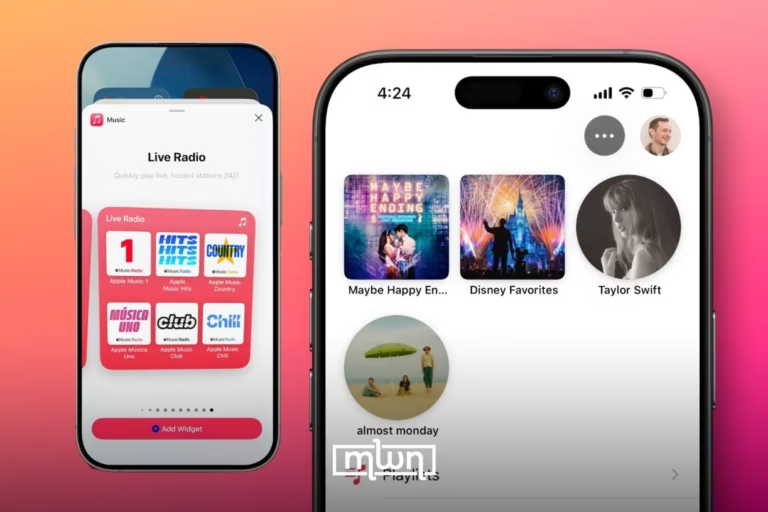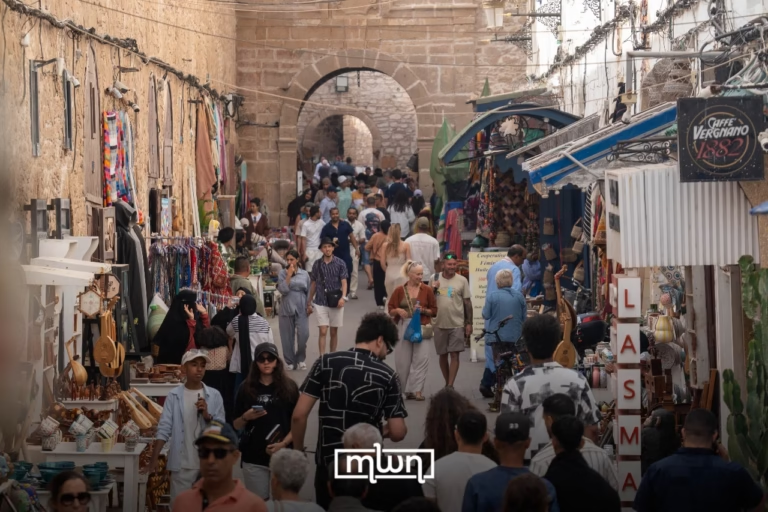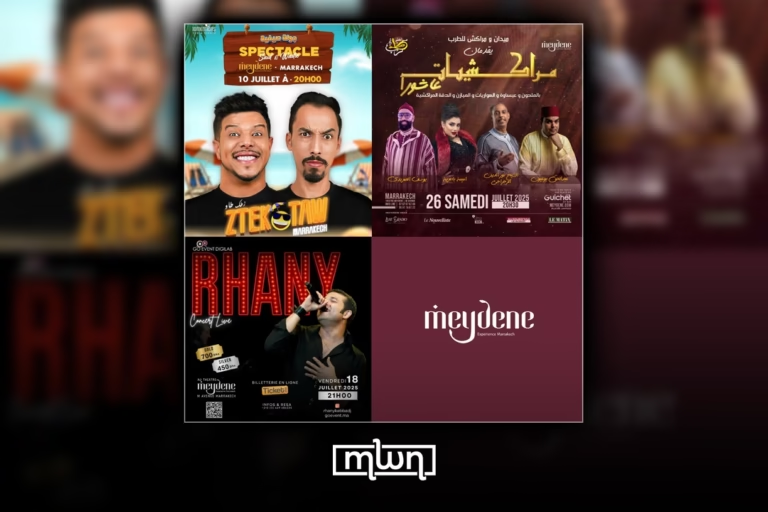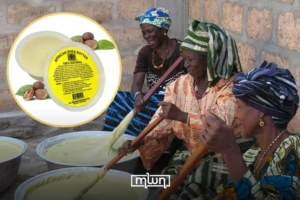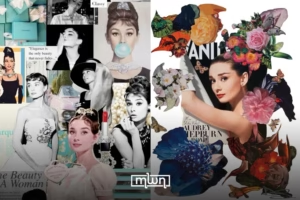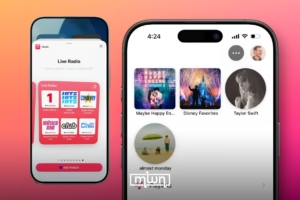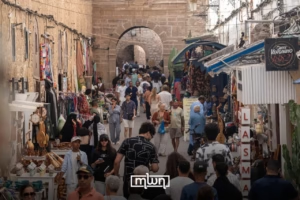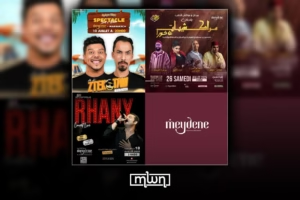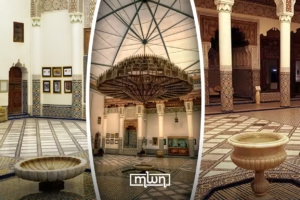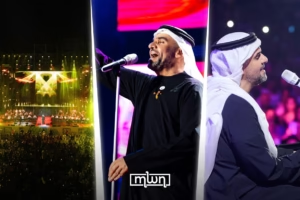Rabat – In a society torn between grasping tightly to traditional values and shifting the focus to modernity and globalization, gender issues still persist in stifling and oppressing female talent, discouraging driven and talented young women from having a fair shake in the rap industry.
Ever rebellious against gender norms and societal conventions that regulate women to limit their self-expression, Tangier native Chaimae Kourrad recently started her career as a rapper by releasing her first music video “I am the one,” which reached 104k views.
As she enlightens her first steps into the industry, Chaimae, who is now 24, tells Morocco World News she is thrilled by the positive feedback and encouragement she has received from the audience and her inner circle.
“The views accumulated in a short period of time are unbelievable. The immense joy I am feeling is indescribable. This gives me a powerful energy to continue on this path,” she said.
Growing up in a family that appreciates music and arts was a major factor in Chaimae’s path and embrace of unencumbered self-expression as a career. “My mom who was also a poet, my big brother and sister showed me endless support and encouraged me to believe in myself and to pursue what I am passionate about the most.”
As the Tangier-native shot her star in the male-dominated firmament of Moroccan rap, she chose “Chamywolf” as her stage name, combining her nickname “Chamy” and “wolf” because of her admiration for wolve’s cheerfulness and irrepressible devotion to family and roots.
“I want to be devoted to music just like how wolves are devoted to family,” she added.
The name “Chamywolf” expresses the different sides the artist hopes to show on stage.
Being one of many who broke into different fields that once used to be restricted only to men, she noted that there are many messages she wants to deliver through her tracks.
Regardless of the common place and sometimes overwhelming gendered stereotypes, “Chamywolf” says “a girl is more than able to shine in the rap field in Morocco” is the ultimate message she wants to spread through her current work and upcoming projects.
In this, the 24-year-old is joining a nascent but vibrant tradition of female Moroccan rap artists whose lyrics and on-stage performances are fundamentally driven by the urge to confront the most recurrent problems they face in a patriarchal society.
As she unashamedly injects her lived experience into her lyrics, Chamywolf is determined to uphold the hiphop tradition of socially committed entertainment.
She may not see herself as a revolutionary. Ultimately, however, both her lyrics and the way she carries herself throughout are unmistakably informed by a deep-seated desire to openly and creatively speak about women’s issues in order to – hopefully – inspire or start a much-need paradigm shift in Morocco.
When asked about the reaction of her fellow Moroccan rappers to her first song, she said, “They made fun of me when I first started. Now, they are asking me for collaborations.”
As for her work ethic and commitment to her career choice, Chaimae spoke emphatically about how persistence and hard work are her strengths as she aims to last longer in the industry.
The criticisms she has so far received for her first work are subjective and influenced by the fact that she is a girl, she said. And just like any other influencer online, Chamywolf is also a target of cyberbullying.
She said, “They [netizens] tell me that rap culture is made for men and that “Kouzina” (Moroccan Arabic for kitchen) is where I belong.”
The term “Kouzintek” (your kitchen) is widely used recently among Moroccans on social media, quickly becoming a slang to belittle women by underlining that they belong in the kitchen and are unfit for other ambitions and careers.
The way society perceives girls in rap, Chamywolf insisted, is what makes them quickly leave the industry.
Yet, she believes that “criticism is part of success” and welcomes every constructive criticism to improve upon what she has done in the past. “I don’t set limits for myself, I always seek growth and I want to be an inspiration for other girls in this field,” she told Morocco World News.
With rap becoming a real medium to voice the daily challenges for the new Moroccan generation, Chaimae dreams of imposing herself on the Moroccan rap scene and eventually rising to international prominence.
Other females’ voices in the Moroccan rap industry

Despite Moroccan women still being a minority in the Moroccan rap industry even after years of a constant fight to change the prevailing, male-dominated narratives, the few existing female rappers have become real pioneers of feminism and women empowerment.
Female rap history in Morocco traces back to 2008 with the group “Tigress Flow” that consisted of three members: Miss ND, Soltana, and Miss Wiba.
Known as the leaders of women’s rap trends in the country, the group won two prestigious music awards in 2008 during the iconic Mawazine Festival in Rabat and “Ouf du Bled,” a hip-hop and breakdance competition in Casablanca.
They set an example to other Moroccan girls to subvert the rules of the conservative society.
The bandleader, Youssra Oukaf, who is also known as Soltana, once attributed their success to the wolf-like bond they developed as a team of determined and hard-working young women fighting for the same cause.
“Our success is due to the confidence we have in ourselves as a group and in our work and also due to our hard work,” Soltana once said in an interview.
As the first female rap group in Morocco and Africa, Tigress Flow earned themselves a solid spot in the Moroccan urban entertainment scene without using crude language.
Moroccan female rappers who were a big hit in the 2010s called out the patriarchy and sexism they suffered from in their songs and denounced the oppression women have to deal with in Morocco.
As pioneers of female rappers in Morocco, Tigress Flow used their lyrics to condemn gendered violence and inequality, as well as sexual harassment. They also tackled youth issues such as unemployment and immigration and called for peace, optimism, and love.
In her song “Sawt Nsaa” (Arabic for women’s voice), Soltana memorably said, referring to prostitution and the belittling and violent gaze with which many Moroccan men – and society in general – often look at women: “She gave him love, money, life. He gave her lies, violence and manipulated her into making money quickly.”
Moroccan women are still limited in their self-expression because of an ever expanding web of cultural and religious decrees and conventions about what constitutes a “good girl” or a “true/real woman.”
With the rise of a new generation of female rappers around the late 2010s, names such as Chamaoui, Hanane Tendresse, Ily, Khtek, Krtas nssa, psychoqueen, and Manal Benchlikha, took the Moroccan raps cene by storm, compelling fans to get used to female voices and themes of gender equality and female empowerment.
Even as they faced tenacious resistance in their struggle to change the narrative and social conventions about women, the new generation of self-made Moroccan artists resisted even more.
As a result, they triumphantly burst into the country’s rap scene to voice their thoughts and to make waves in a world that was once assigned to men only.
Chaimae sees herself as the fruit of the pioneering generation of female performers whose doggedness, uncompromising faith in their talents, and commitment themes of female emancipation.
As she spoke effusively about her debt to the pioneering generations, Chamywolf noted that their determination was a great inspiration and much-needed light as she traveled her own journey in the tough, patriarchal world of rap.
Now, she suggested, it is her turn to be a vocal voice to lift the remaining hurdles still standing in the path of a decisive cultural shift and genuine gender equality in Morocco.
Ever optimistic, the Tangier-native believes that, despite the ubiquity of deep-rooted gender stereotypes to disparage and discourage women who dare to raise their heads above the parapet, there is room for change with the constant growth of hip-hop and rap culture in Morocco.


